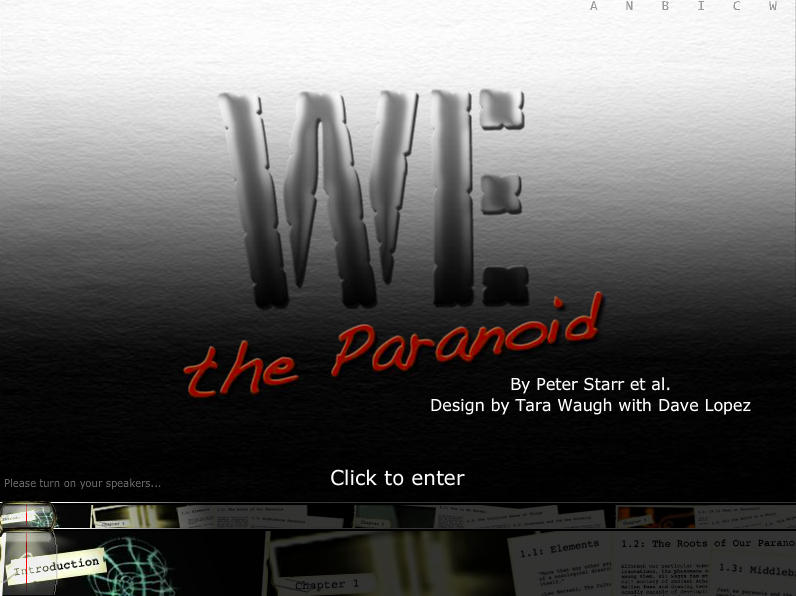
“No wise liberal has ever thought that liberalism is all of wisdom…. Liberalism isn’t a political theory applied to life. It’s what we know about life applied to a political theory”
Adam Gopnik, A Thousand Small Sanities
Readers of my posts thus far will certainly have noticed my tendency to juxtapose the wisdom of Barack Obama to the stunning unwisdom of Donald Trump.
Which raises the question: what is the political valence of wisdom as I’ve come to understand it? Or, more pointedly, does wisdom lean left?
Continue reading “Does Wisdom Lean Left?”

